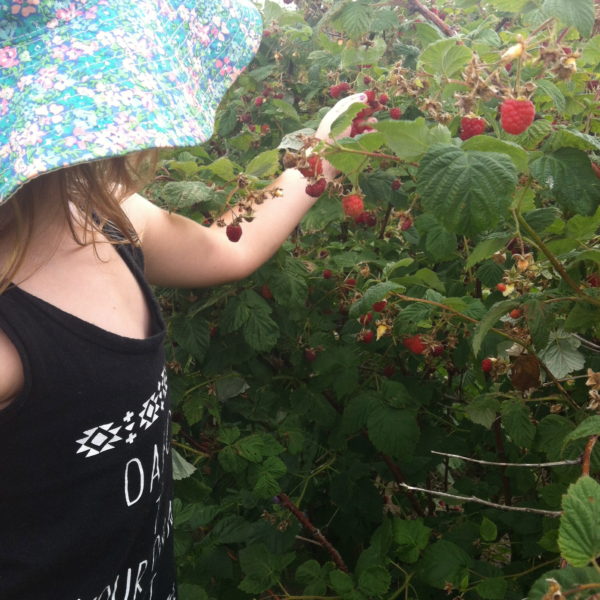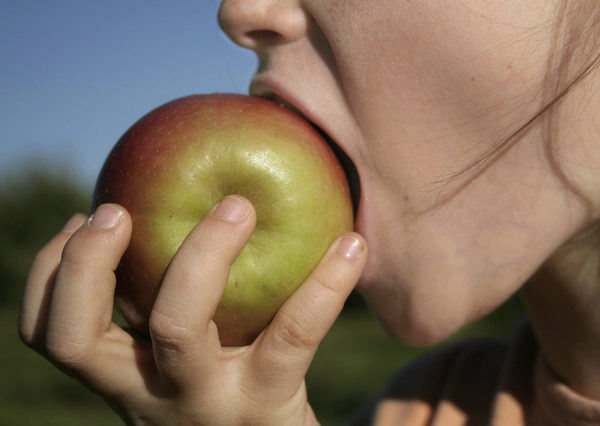Recording food intake can help you better understand your food choices and identify areas to target for improvement. In my professional life, I can attest to the usefulness of keeping dietary records. While working clinically this information helped to pinpoint specific foods or eating patterns that might be causing symptoms; for example, in clients with Irritable Bowel Syndrome or Diabetes. In my research studies, we collected dietary information to investigate how different nutrients and non-nutrient components of our diets are associated with various health outcomes. Through my teaching, students are asked to keep a food log as an exercise to learn more about the relationship between our energy intake and expenditure, the nutrient composition of foods, and how what we eat relates to current recommendations.
Over the past decade, the availability and subsequent growth of food tracking apps means that this rich nutritional data is no longer the preserve of the nutrition professional or only used in the context of a classroom activity or research study. It is available to everyone through their handheld device or computer. Some of the most popular smartphone apps are MyFitnessPal, MyPlate by Livestrong, Lose it!, MyNetDiary and Noom Coach. My own organization, Dietitians of Canada has also developed its own tool called eaTracker.
![]()
But when it comes to healthy eating, is the ability to monitor every morsel that enters your mouth in real-time and instantly discover its nutritional profile, a good or bad thing?
As part of my ‘100 meal journey’ for Nutrition Month, I have been attempting to make small changes to my diet by incorporating more fruit. I’m proud to say that I have had some success at this, but it struck me that keeping a food journal may be another way of keeping tabs on my fruit intake and helping maintain motivation in the long term. I was also curious to see if there were other areas of my diet that might be in need of some loving attention!
With this in mind, last week I downloaded the eaTracker app and literally in a few minutes I had my profile set up and was adding my breakfast. I kept a log of everything I ate and drank for 3 days. Here are my reflections on the pros and cons of this experience:
Pros
- There are numerous apps available each with slightly different functionality. You’re able to select a specific app or set up your personal profile within the app so that it is tailored to your personal goals, whether it be weight loss, physical performance, or healthy eating.
- Logging your food and drink intake is quick and easy. I found eaTracker intuitive to use; you select the ‘+’ tab to add foods, enter the name of the food in the search field, select the appropriate item from the list, enter the portion size and the time at which it was consumed. Done.
- EaTracker is a free app and many of the other available apps are also free (at least for the basic package) so I could not argue about the price!
- The majority of my food intake was recorded in real-time. As it does not rely on memory you’re less likely to forget to include foods and your estimation of portion sizes is more accurate.
- The act of keeping track of my intake meant I was no longer eating mindlessly. Consequently, my food choices were more conscious and health driven; I opted for a banana as a snack instead of my usual cheese and crackers, I declined an extra glass of wine in favour of a glass of water.
- Perhaps the greatest benefit of these food tracking apps are the reports generated from the information entered. By displaying your own intake data in comparison to recommended requirements you can see where the ‘gaps’ in your diet are, highlighting opportunities for improvement. This individualized visualization of your own dietary intake is much more powerful than general nutrition advice. For example, reading that iron intake tends to be low in women is one thing but seeing a report that showed me that my own intake is deficient is much stronger motivation to change and stick to the change.

Cons
- Yes, food tracker apps are available and easy to use but it does still require a lot of motivation to complete and even more motivation to continue in the long term. If compliance wanes over time so does the quality and usefulness of the data entered. I tracked my food intake for 3 days, 7 days may have been better and given a more representative picture of my overall diet, but to be honest I just didn’t get around to logging more days!
- We may believe that we are creatures of habit but with the wide variety of food products available to consumers these days and the number of social activities that include eating, a ‘typical’ daily diet may be difficult to capture with just a few days of tracking, meaning that the resulting information is unreliable.
- Tracking intake using these apps focuses on food items (and energy/nutrients within them) at the time of consumption and how that contributes to your caloric and nutrient needs for that specific day. But our bodies do not need to balance on an hour by hour or day by day basis. It is achieving overall balance that is important. Unfortunately, the eaTracker app that I used does not have the functionality to provide a report on your average intake. It is therefore easy to become obsessive about the caloric or nutrient contribution of specific foods and lose sight of the bigger picture.
- Even when entering foods in real time, items can be forgotten, estimated portion sizes may be incorrect, the food item eaten may not be included in the database, the incorrect tab can be selected leading the wrong food item or amount being saved.
- I believe that our phones with their constant push notifications often distract us from being in the present moment. Using a food tracker app during and immediately after a meal or snack can detract from the pleasure of eating, not to mention it is an anti-social activity in the presence of your dinner guests!
- It is possible to consciously or subconsciously manipulate the data entered. I must admit that I was guilty of altering what I ate to make it easier to record or to avoid logging my ‘unhealthy’ food choices. This means that my final report would not highlight these potential areas for change.
- Although the nutrition reports produced are the biggest advantage of using a food tracking app, seeing that you consumed 1899 Kcals, 50 g of fat, 58g of protein, and 246g of carbohydrate on Wednesday gives the illusion of precision. And herein lies the biggest problem with food tracking – it is not an exact science! In the preceding ‘cons’ I have outlined some of the reasons why the information on my food intake may not have been accurate. Even if you find the food you consumed listed in the app, the methods used to calculate the nutritional information associated with that food is prone to error, so the actual nutrient content might be significantly higher or lower than the average in the database. How you stored and prepared the food can also change its energy and nutrient content, and this may not be accounted for in the apps database. Furthermore, we are all individuals, and the amount of each nutrient we absorb and metabolize is dependent on an array of factors including our gut microbiome. This margin of error is cumulative and may be upward of 25%, which is a problem.
Take Home Message
We often do not take the time to reflect on our daily eating habits unless we have a reason to do so, unfortunately more often than not this is when we experience ill-health. Food tracking apps are a readily available and easy to use method of ‘checking in’ to see how you measure up diet wise (before problems arise). They’re also a useful motivational tool if you are attempting to stick to dietary changes. However, they must be used with the awareness that the information retrieved are ballpark figures and not a precise measurement of your intake. Consequently, there is added value in consulting a dietitian to review and correctly interpret your data so that you can create and achieve appropriate nutritional goals. Some apps, including eaTracker, do have a ‘coach’ function that allows for review of your diet by an expert. Regardless of these pros and cons, I’m sure we will continue to see these apps be used and be further refined, such as the future inclusion of speech and photo recognition.
Have you used or currently use any of these food tracker apps? What are your thoughts and preferences?





 Freya Osborne says
Freya Osborne says
November 10, 2016 at 6:27 amGreat collection.But, My Fitness pal is the best calorie tracker.
Thanks for sharing an awesome content
 Georgetta Gibbes says
Georgetta Gibbes says
September 14, 2024 at 12:14 pmThis is quality work regarding the topic! I guess I’ll have to bookmark this page. See my website Article Sphere for content about SEO and I hope it gets your seal of approval, too!
 Alan Arito says
Alan Arito says
November 3, 2024 at 1:48 pmHaving read your blog, you obviously know what you are talking about. I’m sure visiting my page QH3 about Thai-Massage will be worth your time!